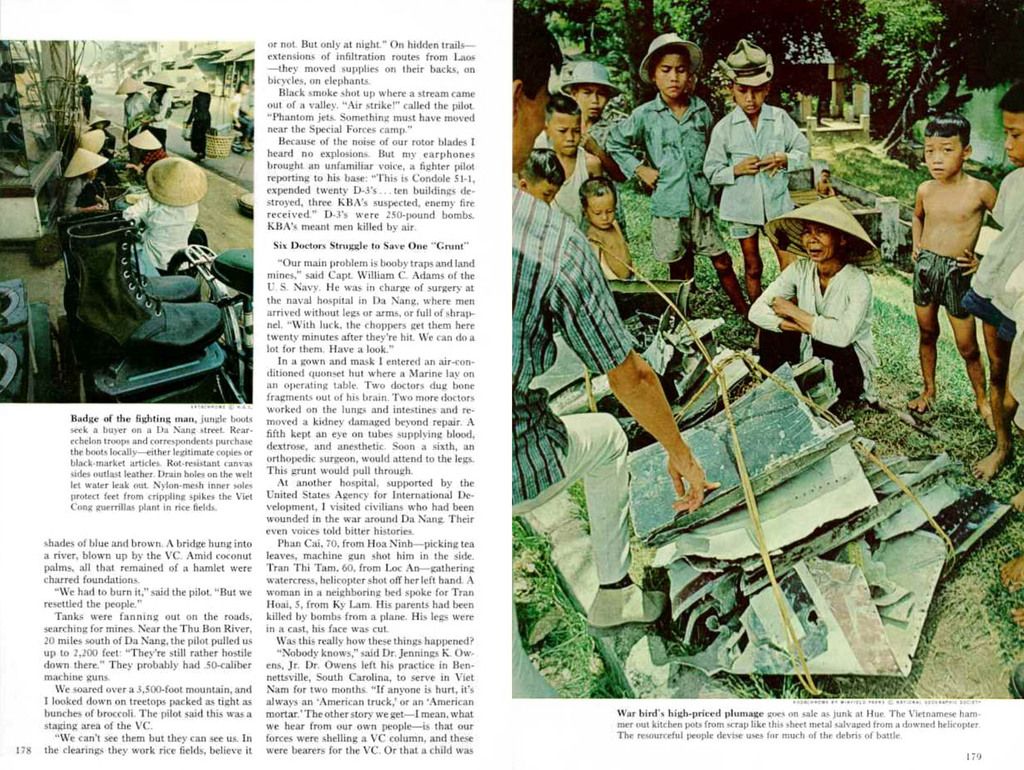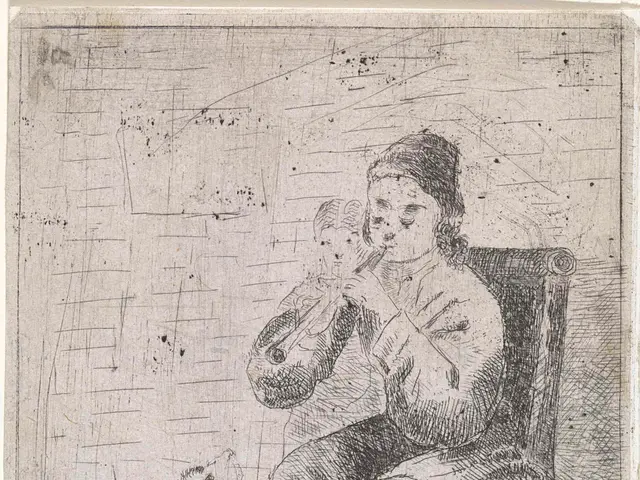Ninety-Nineties' Groundbreaking Sitcoms that Shaped Television Culture
** Streaming or Sitting Down: The Evolution of Our TV Enjoyment**
While today's technology allows us to binge entire seasons with the click of a button, folks in the 90s had a whole different television experience. Sitcoms weren't just white noise, they were the focal point of the evening. People routinely altered their schedules to catch new episodes, and families got together for a good laugh and a relatable chat the next day. Shows like Full House, Friends, and The Fresh Prince of Bel-Air offered more than just a laugh; they offered comfort, a way to regulate our emotions, and something to chat about.
However, the ease of streaming services has resulted in a disconnect from the shared viewing experience of tuning in at a set time. As we become engrossed in our own individual screens, that special shared connection is becoming fragmented. Conversations have become harder to initiate because people might not have seen the same shows or episodes.
But why did 90s sitcoms capture our hearts so effortlessly? What was the secret sauce?
The term "sitcom" is a clever portmanteau blend of "situational" and "comedy," accurately describing a collection of characters with defined traits navigating humor-filled, often exaggerated scenarios. These characters interact with each other during these scenarios. Most sitcoms follow an episodic format, making them accessible regardless of viewing history. You don't need to see previous episodes or seasons to enjoy the show.
The first sitcoms didn't appear on silver screens but rather took the form of radio shows in the 1920s to 30s. The first to air on television was Pinwright's Progress in 1947.
Like many forms of entertainment, sitcoms have evolved over time, incorporating fresh themes, concepts, and styles to remain appealing. In the 70s and 80s, sitcoms focused on family dynamics or workplace settings, with shows like The Cosby Show. However, the 90s saw sitcoms exploring more diverse settings and characters, as seen in Friends or The Fresh Prince of Bel-Air, where friendship and personal identity took center stage.
One unique sitcom was The Nanny, which ran from 1993 to 1999. The series follows Fran Fine, a bridal assistant fired by her ex-boyfriend, who ends up becoming the nanny for a famous theater producer's three children. Fran, who comes from a different background than her employer, never tries to fit in but instead shapes her surroundings to suit her. Her consistency and confidence in being herself make the show captivating.
The supporting characters and their interactions also play a significant role in the show's charm. For example, Fran's guidance helps the Sheffield children, who lack a strong maternal presence, navigate their childhood. In Season 1, Episode 13, 'Maggie the Model,' Fran encourages Maggie, who struggles with self-esteem, to step out of her comfort zone and try modeling. In Season 1, Episode 7, Fran comforts Grace, the youngest Sheffield child, after she loses her imaginary friend. The therapy session later reveals that Grace no longer needs her imaginary friend because she feels safe and trusted with Fran.
The show's star and co-creator, Fran Drescher, fought to keep her character authentically Jewish, despite pressure to change Fran Fine's background to Italian. Her insistence on staying true to her roots played a significant role in the show's identity, making The Nanny unique in its humor, sensibility, and cultural representation.
While many sitcoms, including The Nanny, wove life lessons into their humor, some shows leaned more heavily into addressing serious topics alongside the laughs. One example is Full House, which aired from 1987 to 1995, and deviated from the traditional nuclear family structure, featuring a widowed father raising his three daughters with the help of his brother-in-law and best friend. The show regularly addressed topics beyond everyday family humor, addressing issues such as grief, peer pressure, honesty, and societal expectations.
The 90s sitcoms' lack of diversity still stands out as an issue that hasn't aged well. Shows like Friends, Seinfeld, and Frasier largely centered stories on white, middle-class characters, despite often being set in major cities like New York or Seattle, which are known for their rich cultural diversity. That's not to say that Black-led sitcoms like The Fresh Prince of Bel-Air, Family Matters, and Moesha didn't achieve success and build loyal, wide-reaching audiences. These shows played a critical role in representation and storytelling in the industry.
Today's sitcoms have made more strides towards diversity and representation, with shows such as Black-ish, Fresh Off the Boat, Never Have I Ever, Abbott Elementary, and One Day at a Time featuring a wider range of cultural backgrounds. These series entertain and create a sense of community that reflects the reality experienced by the broader audiences they are designed for.
Ultimately, the 90s sitcoms have claimed a permanent spot in the history and evolution of entertainment. They provided comfort, laughter, and relatability. Although today's shows may feel different, they continue to live through their influence and reruns.
The evolution of sitcoms, starting from radio shows in the 1920s to 30s, has been marked by incorporating diverse themes and characters. For instance, 'The Nanny' (1993-1999) highlighted a Jewish character's consistency and confidence in being herself, and its supporting characters' interactions, like Fran's guidance to Maggie and comfort to Grace, added to the show's charm.
The sitcom 'Full House' (1987-1995) veered from traditional family structures, exploring themes beyond everyday family humor, such as grief, peer pressure, and honesty.
These 90s sitcoms, including 'The Nanny' and 'Full House,' played a significant role in mental health discourse, offering comfort and relatable narratives. They also showcased varying cultural backgrounds, though more progress is needed in terms of representation, as seen in the predominantly white casting of shows like 'Friends'.
Today's sitcoms build upon this legacy, striving for diversity and representation, and creating a sense of community with shows like 'Black-ish', 'Fresh Off the Boat', 'Never Have I Ever', 'Abbott Elementary', and 'One Day at a Time'. These modern sitcoms not only entertain but also reflect the broader cultural backgrounds of their audiences, much like the iconic shows of the 90s.








